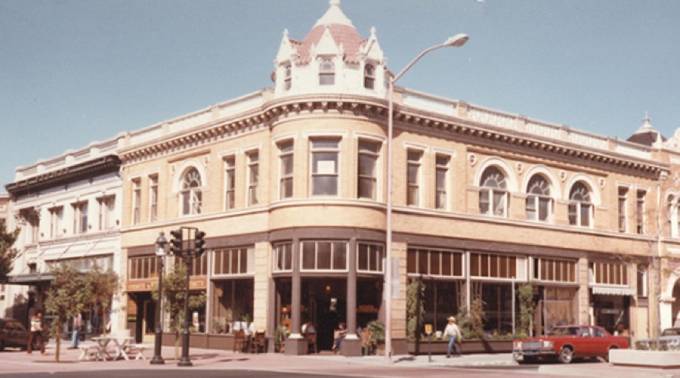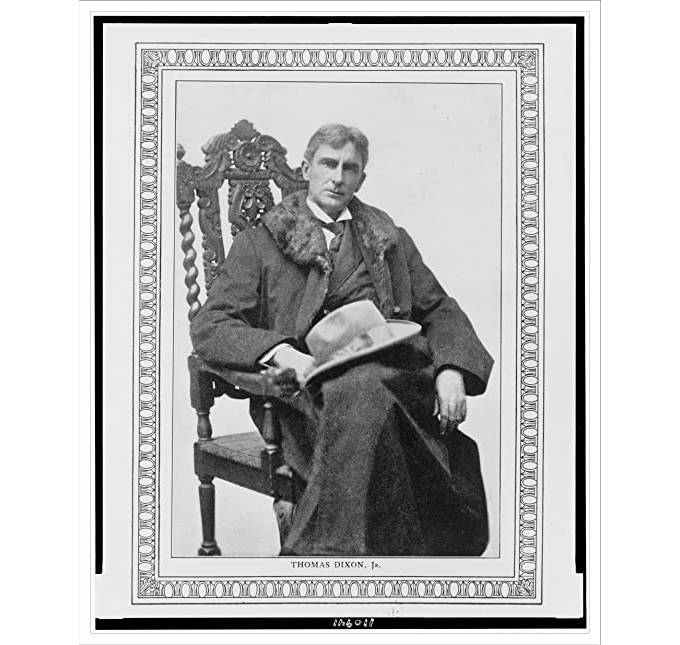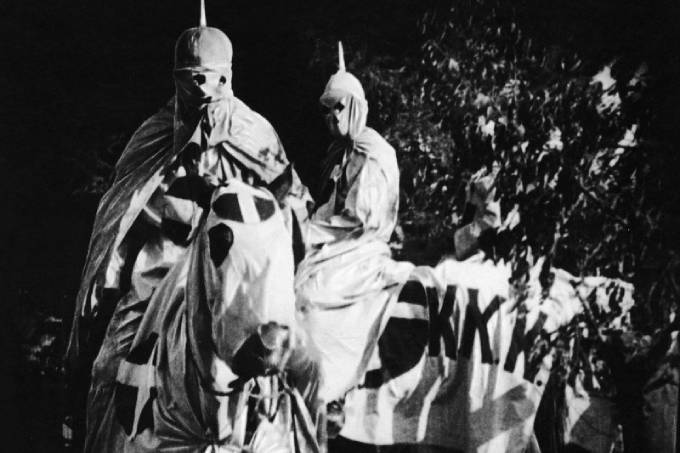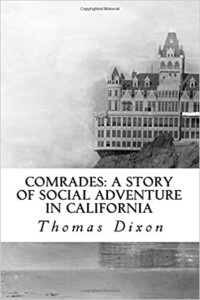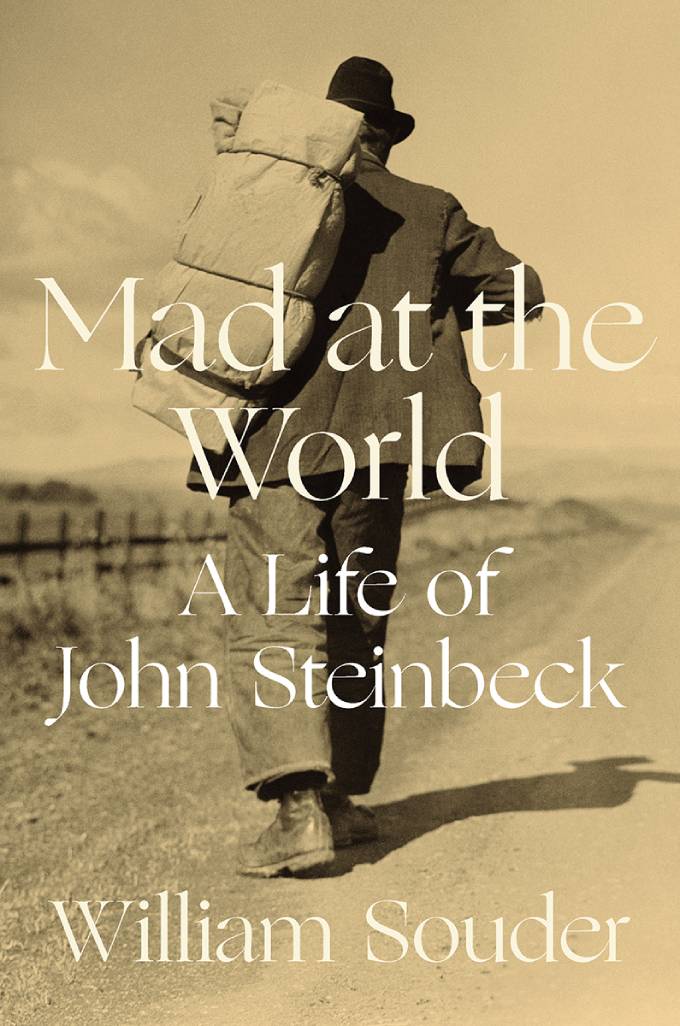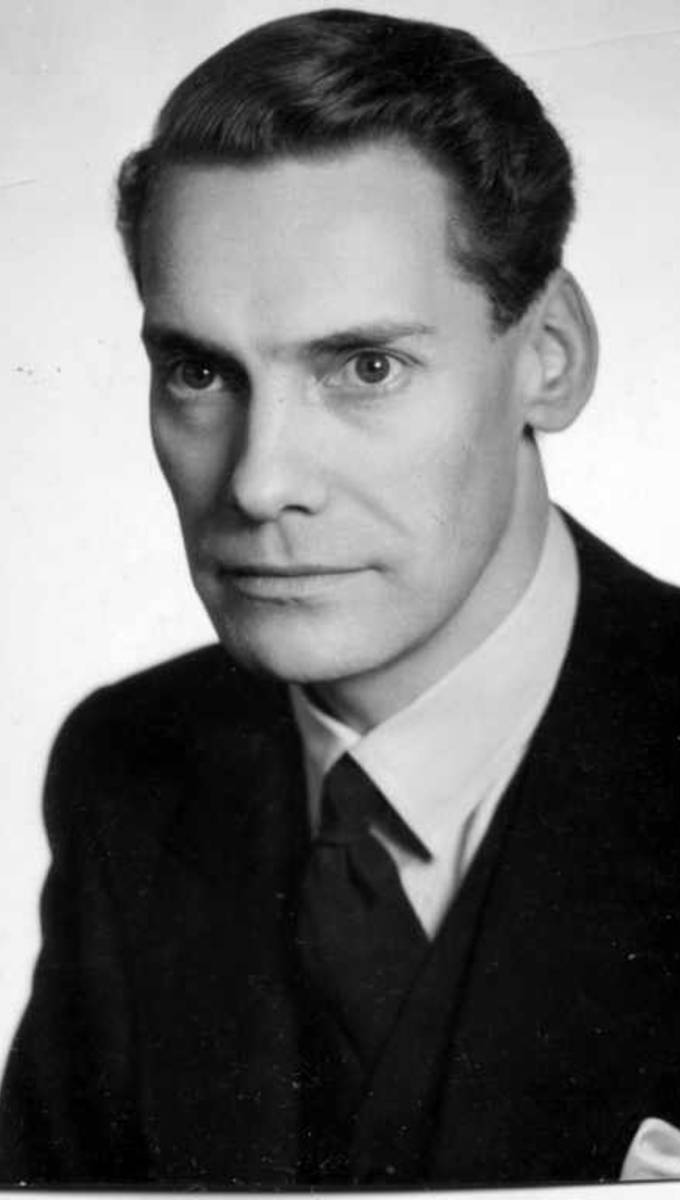At a recent agricultural technology summit held in Salinas, Steve Forbes called the small Central California city “the Ag-Tech capital of the world.” As director of the Salinas History Project at Stanford University, I have written a book which reconsiders the history of John Steinbeck’s home town from its incorporation as a city in the mid-19th century to its 20th century incarnation as an agricultural powerhouse—and its 21st identity as a laboratory for multiculturalism.
Numerous dissertations, academic papers, and books have focused on various racial and ethnic communities in and around Salinas, and on specific issues important to its evolution, including labor, environment, agriculture, and gang violence. The interconnection of these groups and issues has gained the attention of local leaders. So has the need for a more comprehensive account of the city’s history, and its place in the complex context of national and state history.
We began this work in 2016 knowing the obstacles we faced in achieving an analysis that would be broad and deep enough to shed new light on old problems. Primary among our challenges was one frequently faced by scholars of John Steinbeck’s life and work: written and recorded sources are scattered among multiple collections, some of which are more easily accessed and readily shared than others. The project is now complete and the resulting book is scheduled for publication this fall by Stanford University Press.
Readers with questions about the Salinas History Project are encouraged to contact me at mckibben@stanford.edu. Recently I gave a talk celebrating the 75th anniversary of Steinbeck’s novel Cannery Row. It was video recorded by the Bill Lane Center for the American West at Stanford University, where I have taught since 2006, and it can be accessed at https://west.stanford.edu/research/works/cannery-row-75-virtual-event.
Photograph of historic Salinas, California downtown courtesy Salinas Public Library and Salinas History Project.
